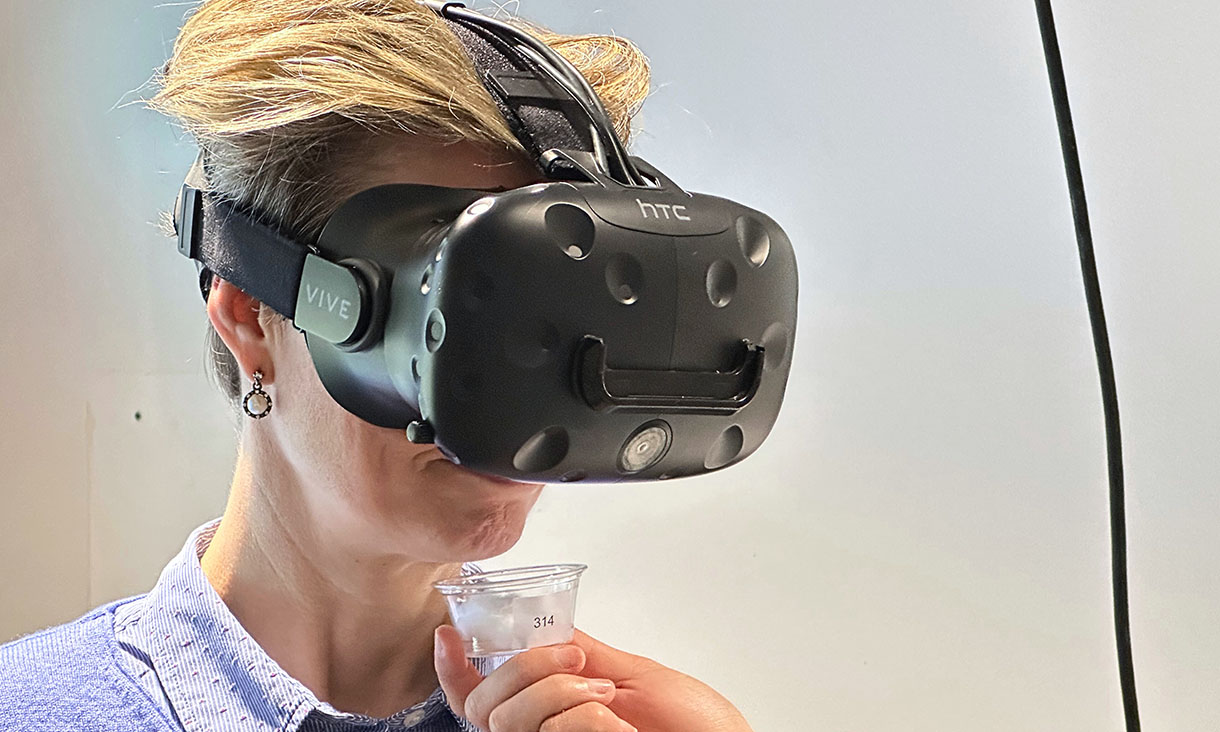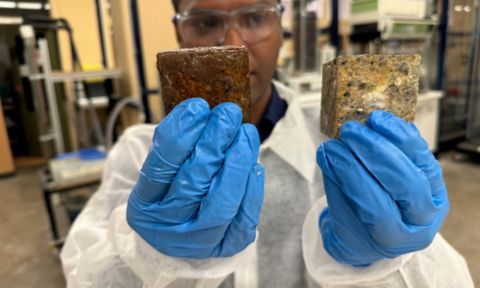Faced with more data than they know what to do with, organisations are looking for people with both the technical skills to understand data, and the interpersonal and problem-solving skills to turn it into valuable information.
This trend is driving rapid change in the world of work and as a result, universities are adapting how they train the next generation of data scientists with a focus on communication and interpersonal skills.
Speaking at RMIT’s Future Impacts webinar series, industry experts Natalie Truong and Andrew Campbell joined RMIT’s Professor James Harland to weigh in on the top soft skills employers are looking for in graduates.
Curiosity
Natalie Truong is Partner and Chief Marketing Officer, Asia, at global consulting firm Mercer, and an alumnus of RMIT’s Executive Master of Business Administration program.
“The person I want to hire isn’t the one who is best at looking at data alone, it’s the person who can interrogate that data in a meaningful way for the business,” she said.
“What I love about data is the ability it gives us to see what the trends will be. It really allows us to be curious about what is happening in the world.”
“From predicting medical inflation trends to advising on how much executives around the world should be earning, we do a lot of work at Mercer to help companies make equitable decisions for their employees globally.”
Professor James Harland, Associate Dean of Student Experience and Professor in Computational Logic at RMIT, said curiosity was also key to staying skilled.
“Information technology and data are changing the landscape for every business. In order to keep pace with these changes we need continuous learning,” he said.
“Maintaining a three-way partnership between students, university and industry is so critical. We need to have industry integrated in the classroom from day one to give students hands on experience and exposure to real problems straight away.”





